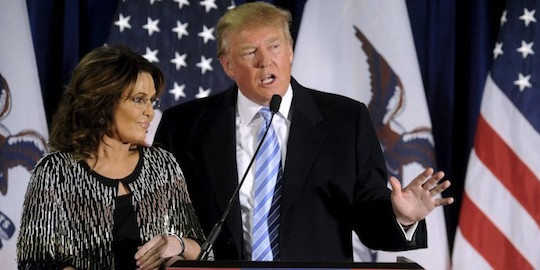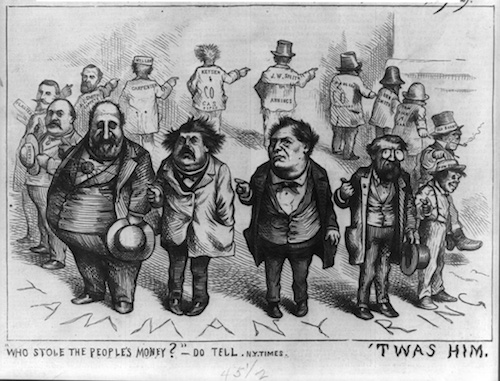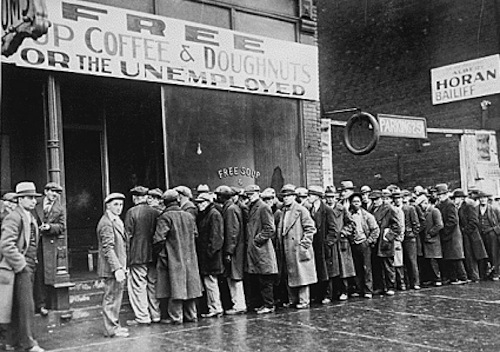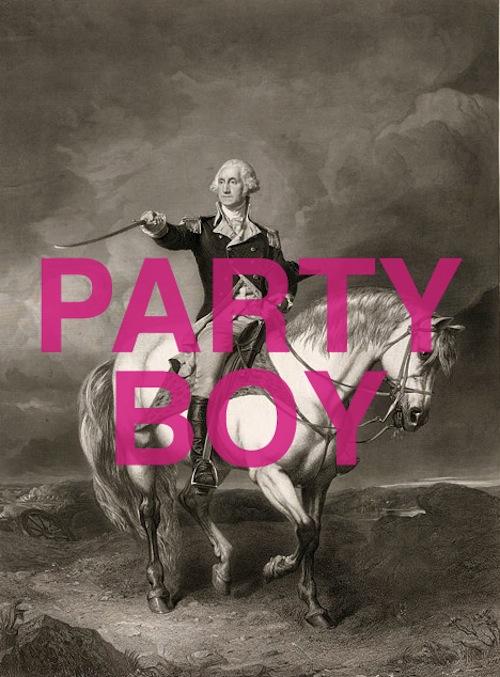Wouldn’t it be great if the American people rose up? I’m talking about a popular revolution. I’m talking about a government, an economy, and a society run by regular folks for regular folks—a moment, a movement if you will, to throw off the yokes of political corruption and corporate greed and bring popular values to Washington. Of course I mean such popular values as thrift and hard work, not so much xenophobia or contempt for education. And I’m not saying I want populism in culture, either. Obviously I don’t want to see centuries of tradition reduced to The Big Bang Theory. Today is Friday, and I want a popular revolution without the racism, cultural repression, stupidity, or war of vengeance in the Middle East. Won’t you try to cram the genie back in the bottle with me?
Tag Archives: america
Friday links! Baller-garchy edition
Let’s say a witch transports you to a mythical country called, I dunno, Furmerica or Harmonica or whatever. The country is nominally a democracy, but everyone you meet agrees that Furmerican politics are a farce. The two major parties are operatively indistinguishable, both in their dishonesty and in their infatuation with rich patrons. The few politicians who sincerely hope to govern by their beliefs—the real Furmericans, if you will—are invariably dumb. The Congress of Furmerica is a long argument between liars and fools, and don’t even get me started on the Hexagonal Office. Ask any citizen, and he’ll tell you that they’re all a bunch of bums, which is why he doesn’t even pay attention anymore. Today is Friday, and we have pinpointed Furmerica’s second biggest problem. Won’t you skirt the root cause with me?
“I have everything except a death certificate”
It’s a new year, and that means we’re incrementally closer to a terrifying future only imaginable to our grandchildren, whose brains will have much more highly-evolved nightmare centers. Or not—it depends on how the economy shakes out. In Europe, where the economy has been shaking out into a fine dust since the Marshall Plan, things are not looking so good. A few weeks ago, we discussed student riots in Britain over proposed hikes in university tuition. Yesterday, the New York Times ran this story containing the quote in our headline, in which Italy’s Francesca Esposito—who totally knows where to get ecstasy, by the way, but does not want to meet you at your hostel—laments her position as a 29 year-old penta-ligual with master’s and law degrees who can’t find a paying job. Instead, she works as an unpaid “legal trainee” for the Italian government—in their social security administration, no less. Like a lot of young people in southern Europe, Esposito gets paid in irony, and she’s pissed.
Slate’s Timothy Noah on income inequality
Slate is midway through what is threatened to be a two-week series on income inequality in America, just in time for the controversial announcement that the President will not try to solve the economy by giving more money to rich people. Timothy Noah looks at several putative dangers to America’s middle class, including immigration, racism/sexism, and computers, none of which accounts for the growing gap between rich and poor in the United States. That gap is enormous. Currently, the wealthiest 1% of Americans take home 24% of the national income. Between 1980 and 2005, more than 80% of the nation’s considerable increase in earnings went to that 1%. To put that in perspective, back in 1915—the era of the Carnegies, Vanderbilts and Rockefellers, as well as a generation of non name-brand robber barons—the top 1% only got 18%. Economically, ours is a less equal America than that of our great grandparents.
Happy President’s Day, pussies!
Today we observe the birthday of staunch anti-communists George Washington and Abraham Lincoln. Did you know that in college, Lincoln’s nickname was “Apeman?” His fraternity brothers would chant “Abe the ape! Abe the ape!” as he swung from the chandelier on one lithe arm, his oversized lips wrapped around a bottle. But Apeman Lincoln had a soul as tender as yours, and he feared the dignity he exchanged for acceptance made a terrible, perhaps irrevocable bargain. Lincoln understood from a young age the terrible seductions of certainty—the way people will persist in an ugliness, if only because within it they know their place. And so, on January 1st, 1863, President Lincoln stopped doing the Apeman trick.





